INDIGENE - THE SERIES
-
-
 Recently Browsing
0 members
Recently Browsing
0 members
- No registered users viewing this page.
-
 Demonland Forums
Demonland Forums 
-
-
 Match Previews, Reports & Articles
Match Previews, Reports & Articles 
OVER YET? by KC from Casey
The Friday evening rush hour clash of two of the VFL’s 2024 minnows, Carlton and the Casey Demons was excruciatingly painful to watch, even if it was for the most part a close encounter. I suppose that since the game had to produce a result (a tie would have done the game some justice), the four points that went to Casey with the win, were fully justified because they went to the best team. In that respect, my opinion is based on the fact that the Blues were a lopsided combination that had
CENTIMETRES by Whispering Jack
Our game is one where the result is often decided by centimetres; the touch of a fingernail, a split-second decision made by a player or official, the angle of vision or the random movement of an oblong ball in flight or in its bounce and trajectory. There is one habit that Melbourne seems to have developed of late in its games against Carlton which is that the Demons keep finding themselves on the wrong end of the stick in terms of the fine line in close games at times when centimetres mak
PREGAME: Rd 10 vs West Coast
The Demons have a 10 day break before they head on the road to Perth to take on the West Coast Eagles at Optus Stadium on Sunday. Who comes in and who goes out?
PODCAST: Rd 09 vs Carlton
The Demonland Podcast will air LIVE on Sunday, 12th May @ 8:30pm. Join George, Binman & I as we analyse the Demons loss at the MCG against the Blues in the Round 09. You questions and comments are a huge part of our podcast so please post anything you want to ask or say below and we'll give you a shout out on the show. If you would like to leave us a voicemail please call 03 9016 3666 and don't worry no body answers so you don't have to talk to a human. Listen & Chat LIVE:
VOTES: Rd 09 vs Carlton
Last week Captain Max Gawn consolidated his lead over reigning champion Christian Petracca in the Demonland Player of the Year Award. Steven May, Jake Lever, Jack Viney & Clayton Oliver make up the Top 5. Your votes for the loss against the Blues. 6, 5, 4, 3, 2, 1.
POSTGAME: Rd 09 vs Carlton
The Demons were blown out of the water in the first quarter and clawed their way back into the contest but it was a case of too little too late as they lost another close one to Carlton losing by 1 point at the MCG.
GAMEDAY: Rd 09 vs Carlton
It's Game Day and the Demons are once again headlining another blockbuster at the MCG to kick off the round of footy. The Dees take on the Blues and have the opportunity to win their third game on the trot to solidify a spot in the Top 4 in addition to handing the Blues their third consecutive defeat to bundle them out of the Top 8.
MELBOURNE BUSINESS by The Oracle
In days of old, this week’s Thursday night AFL match up between the Demons and the Blues would be framed on the basis of the need to redress the fact that Carlton “stole” last year’s semi final away from Melbourne and with it, their hopes for the premiership. A hot gospelling coach might point out to his charges that they were the better team on the night in all facets and that poor kicking for goal and a couple of lapses at the death cost them what was rightfully theirs. Moreover, now was
UNDER THE PUMP by KC from Casey
The Casey Demons have been left languishing near the bottom of the VFL table after suffering a 32-point defeat at the hands of stand alone club Williamstown at Casey Fields on Sunday. The Demons suffered a major setback before the game even started when AFL listed players Ben Brown, Marty Hore and Josh Schache were withdrawn from the selected side. Only Schache was confirmed as an injury replacement, the other two held over as possible injury replacements for Melbourne’s Thursday night fixt
-
 Tell a friend
Tell a friend


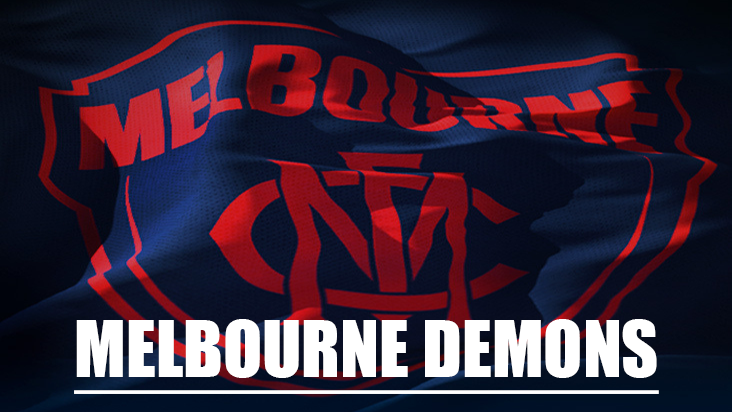
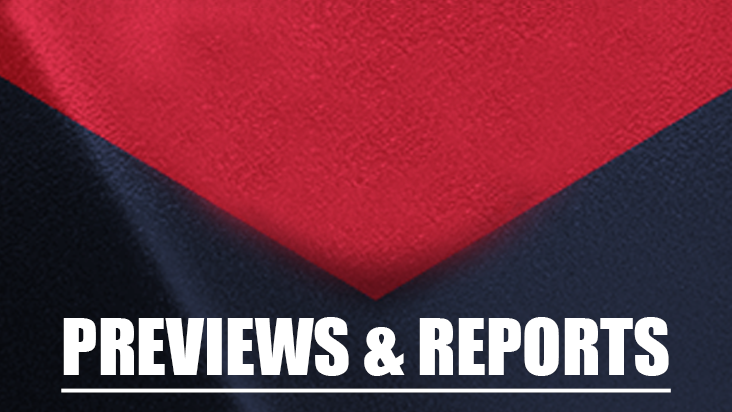
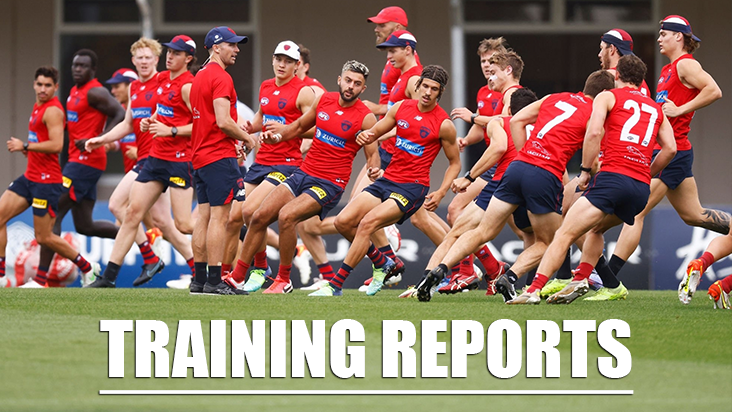
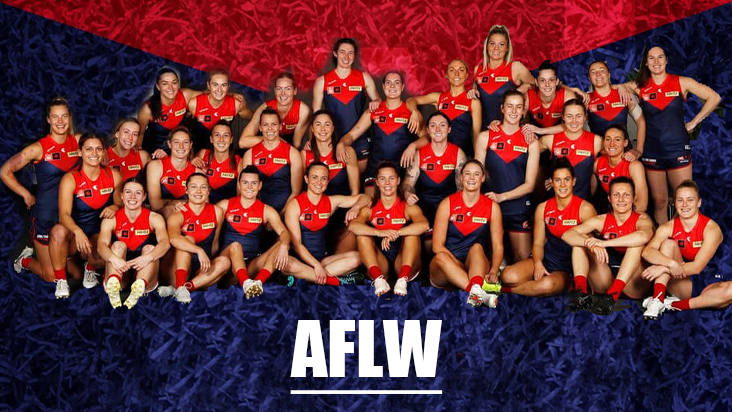
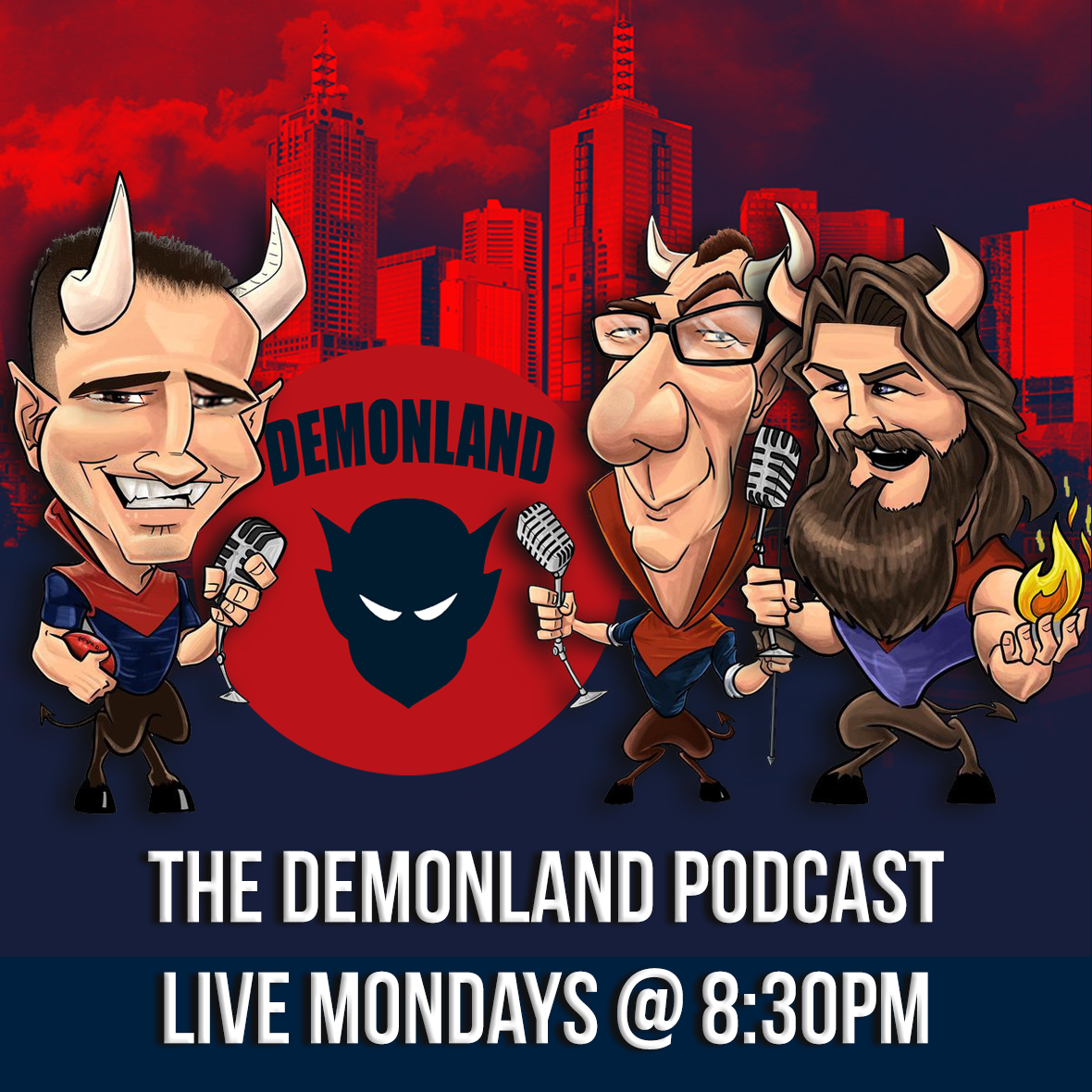



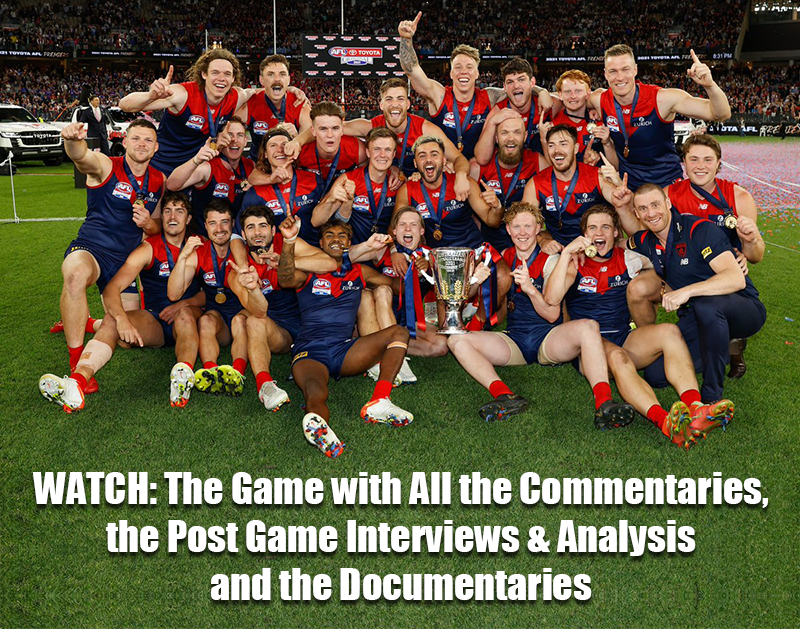
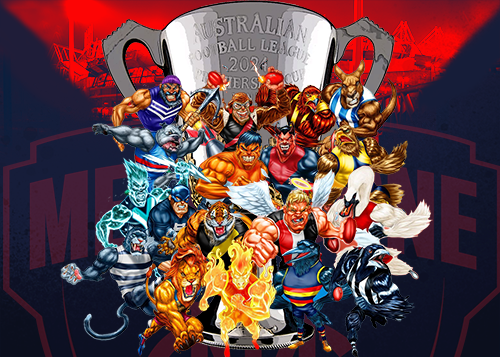
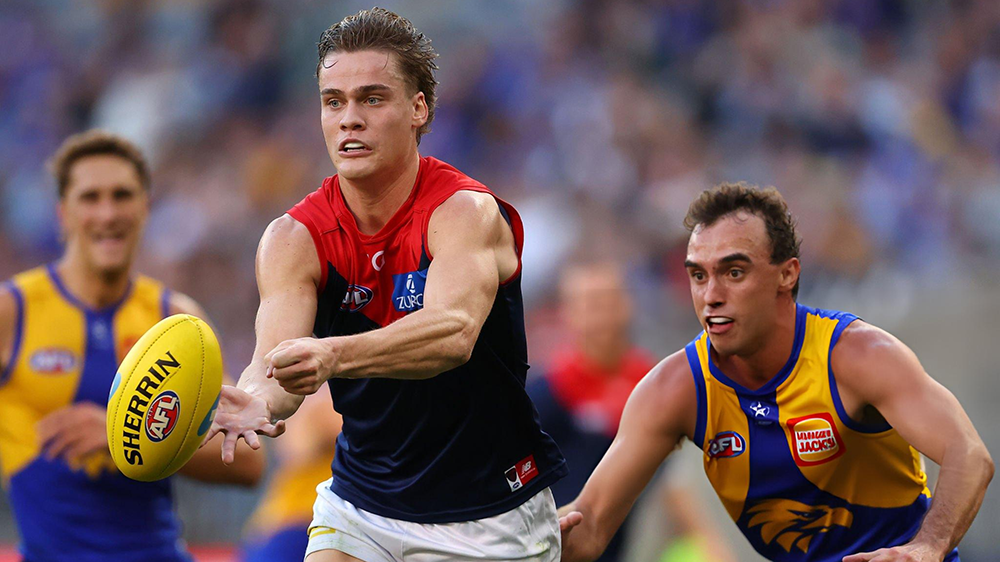

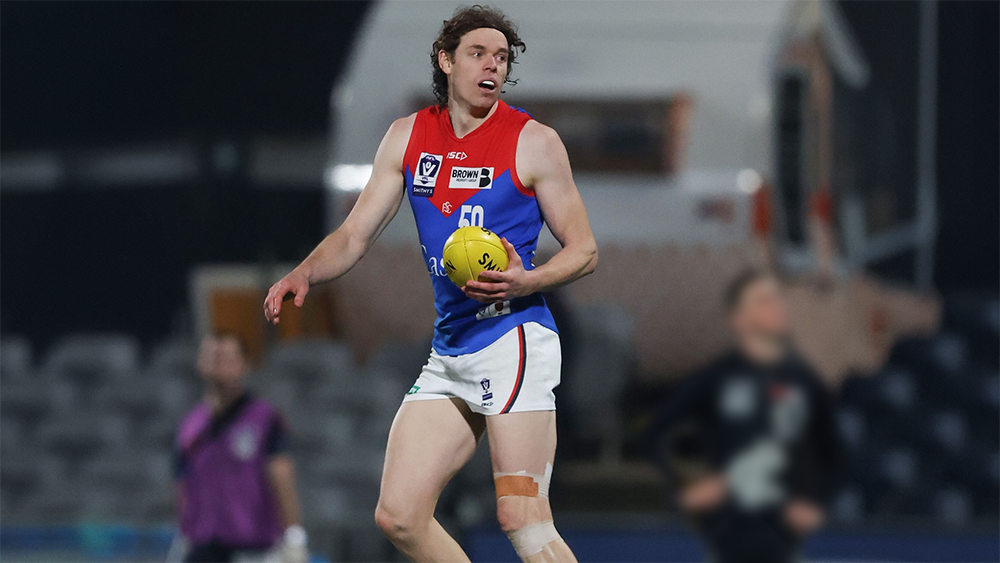
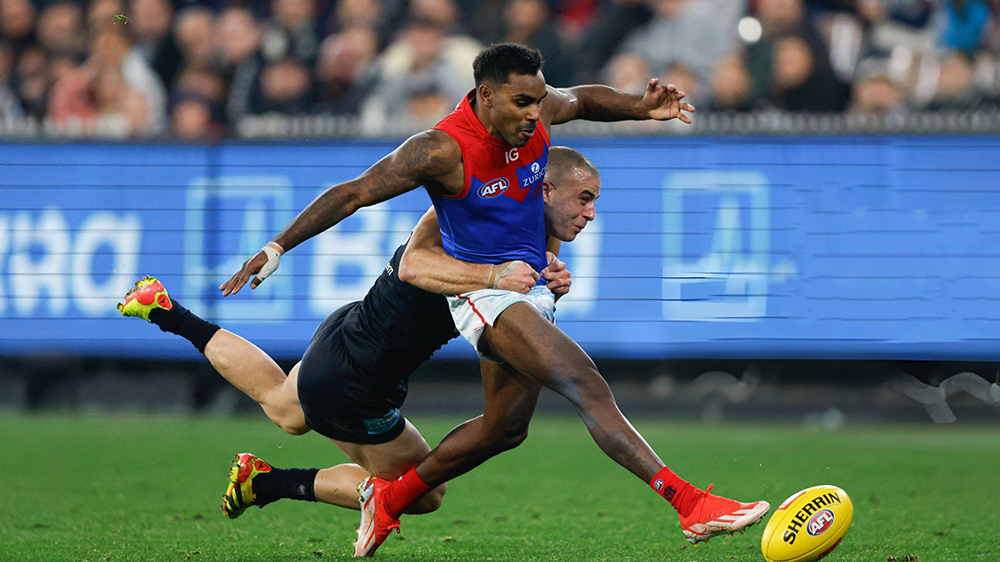
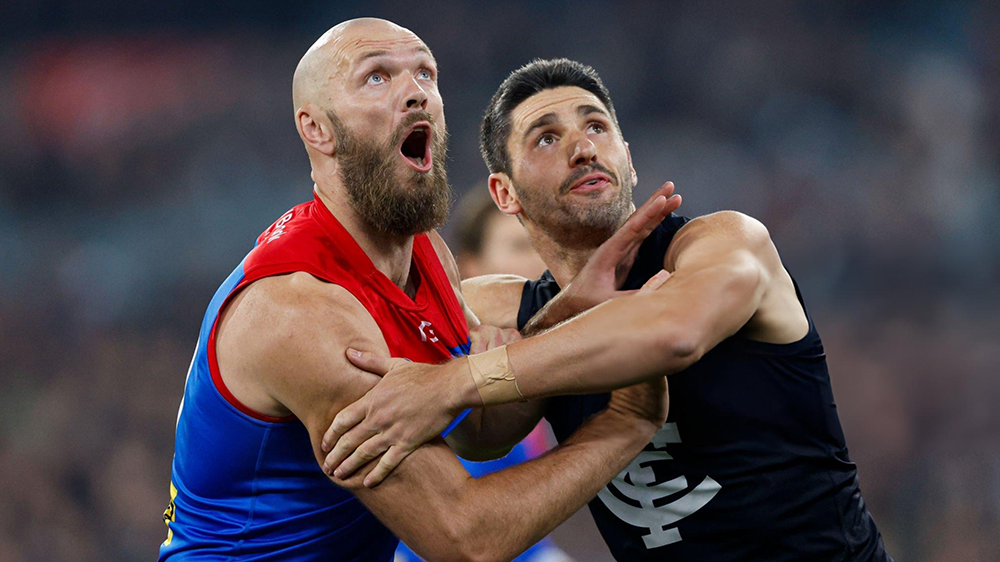
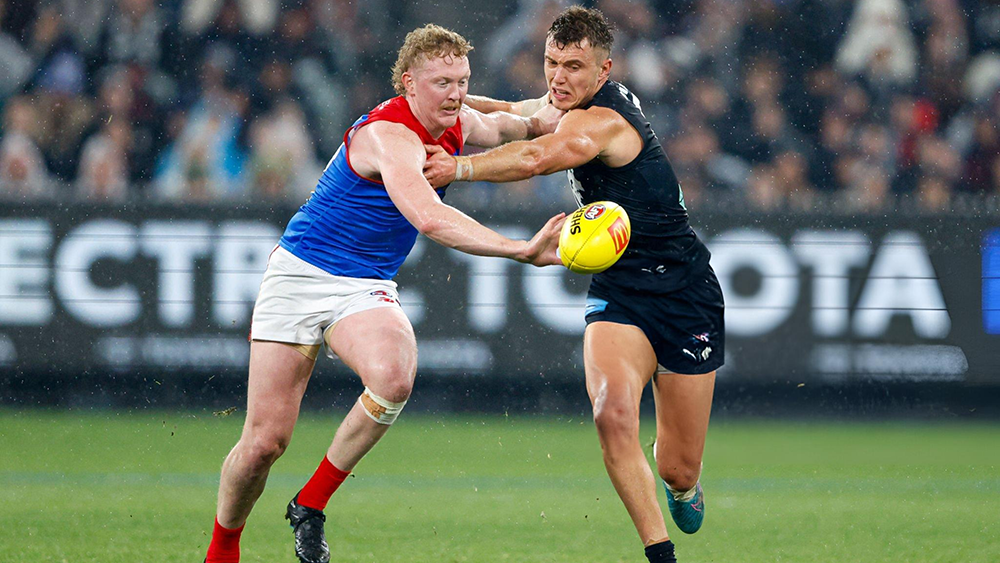
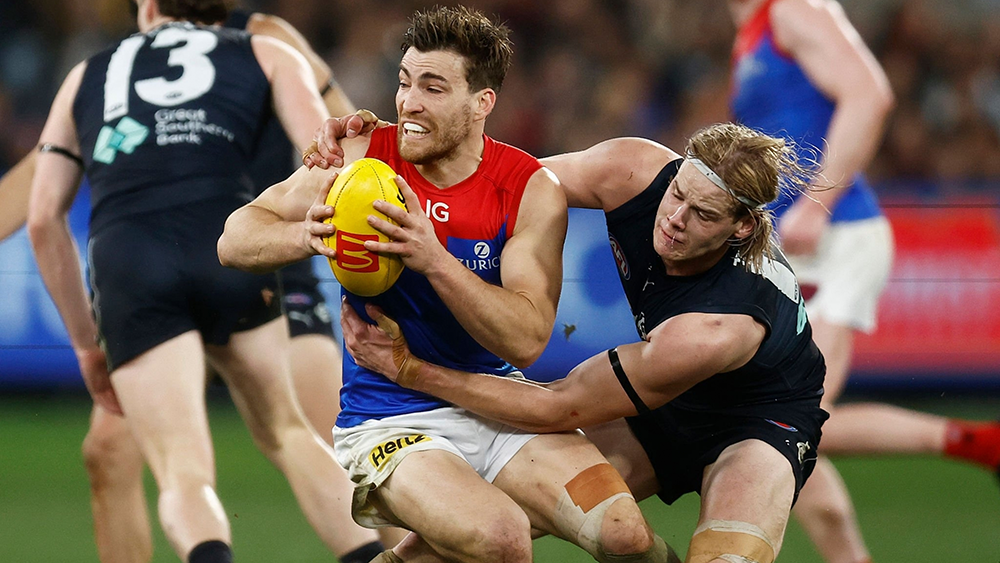

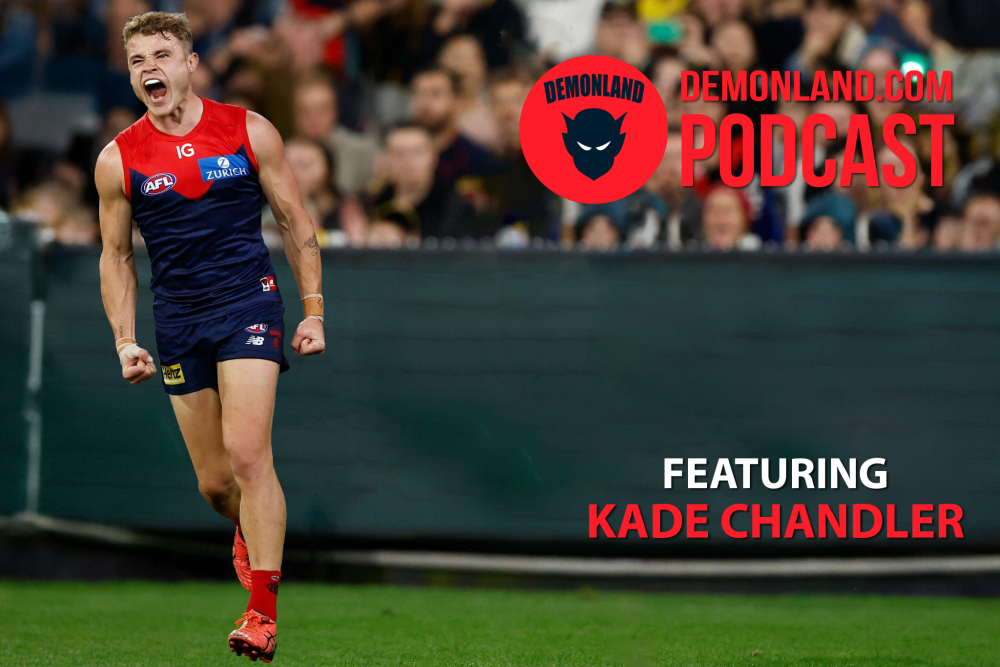
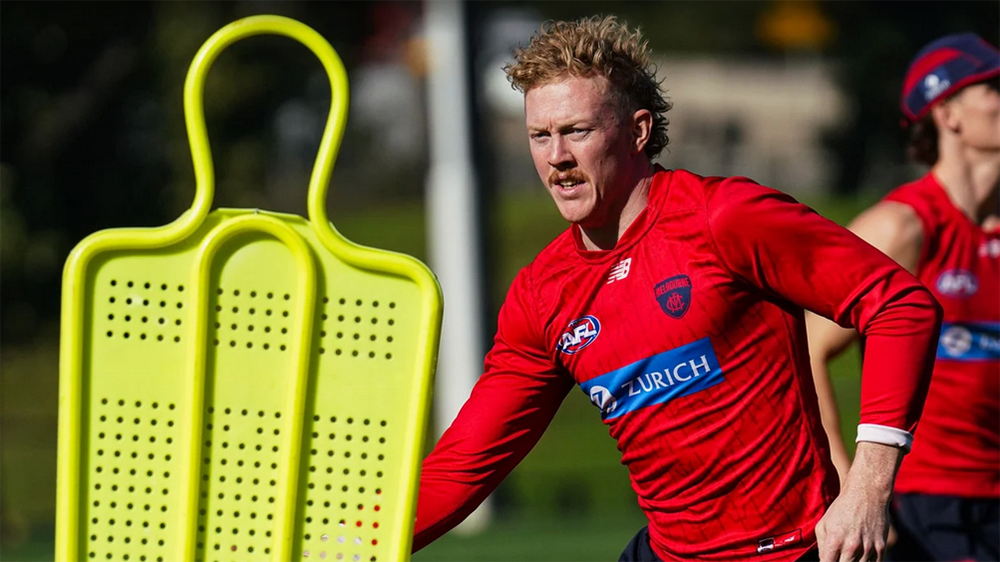
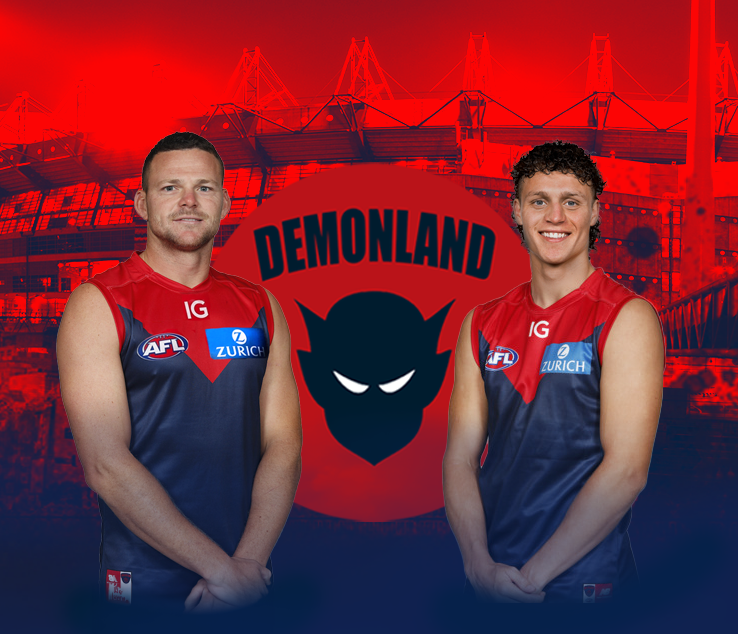
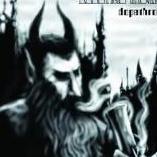
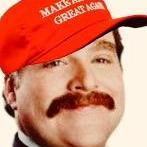
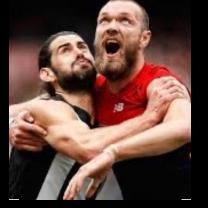

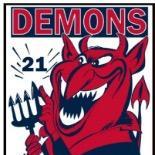
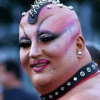

































Recommended Posts
Join the conversation
You can post now and register later. If you have an account, sign in now to post with your account.